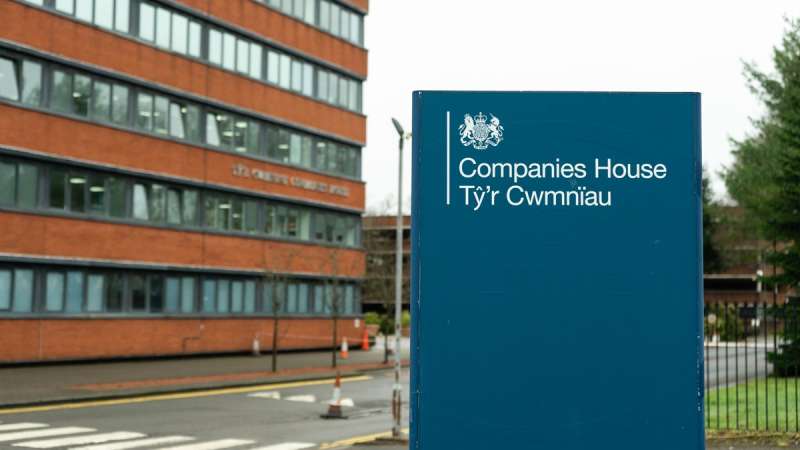Purchase Price
The purchase price can be made up in many different ways.
It is typically expected that not all of it will be payable on completion of the transaction, and there is often an element of deferred consideration.
In particular, there is a current trend in buyers insisting on an earnout, which allows the buyer to set a deferred payment against financial targets (for example, an annual EBITDA target) agreed upon by the Buyer and the Seller(s).
If these targets are hit, the buyer pays an additional amount (this is often scaled, so more is paid if a minimum target is hit up to a maximum amount).
Where this type of structure is used, the seller (s) will often want to ensure some protection in the share purchase agreement to support the achievement of the targets.
For example, the company will not divert customers elsewhere, will not do anything to reduce profitability, maintain a certain level of working capital and will not cease to operate a key part of the business.
Often, a purchase price adjustment mechanism will be included in the share purchase agreement to reflect the actual position of the company in terms of cash (and cash-like items) and indebtedness (commonly known as "cash-free / debt-free").
In addition, the adjustment will also include a requirement to have a certain level of working capital and where the company at completion does not have the requisite level of working capital, any shortfall reduces the purchase price (and sometimes increases to reflect any excess).













